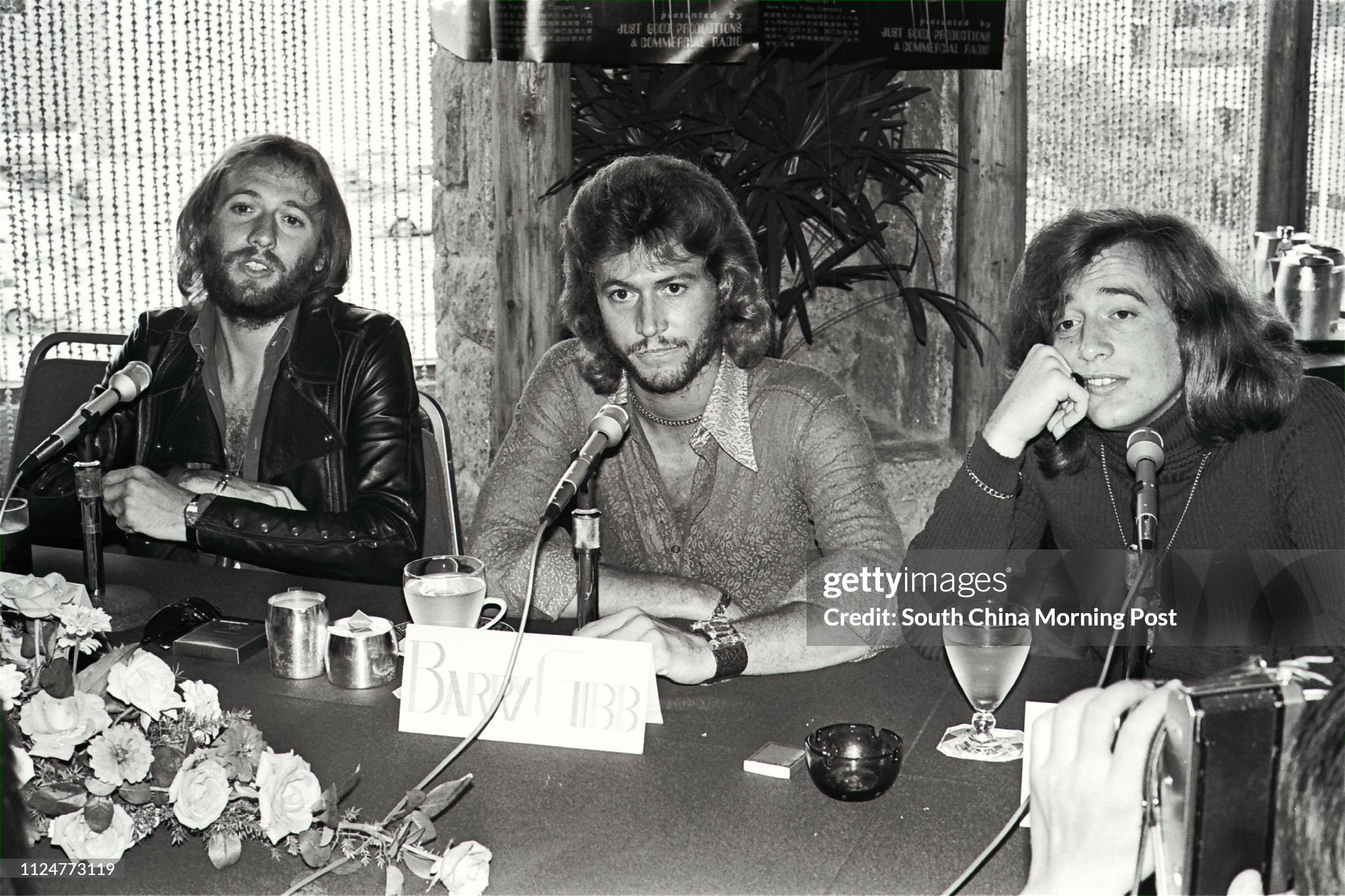
“Melody Fair” is the Bee Gees’ gentle art of farewell—an old-fashioned waltz of memory where love doesn’t end loudly, it simply drifts out of reach.
For all the grand chapters in the Bee Gees’ story, “Melody Fair” is a quieter turning of the page—yet it carries one of their most surprising “chart lives.” The song was first released in 1969 as an album track on Odessa, the Bee Gees’ lavish double LP (their official discography dates the album to March 1969). It was written by Barry Gibb, Robin Gibb, and Maurice Gibb, recorded on October 26–27, 1968, and produced by Robert Stigwood with the group. Importantly, it was not a single in the UK or US at the time—its early reputation spread more like perfume than promotion.
And then, almost like a delayed sunrise, Japan gave the song a second life. In May 1971, “Melody Fair” was released as a single in Japan, tied to the British film Melody (known in Japan as “小さな恋のメロディ”), where the song plays over the opening titles. That Japanese single became a major hit, reaching No. 3 on the Oricon chart, and later accounts from Universal Music Japan note it sold close to 500,000 copies. (In Oricon’s annual singles ranking for 1971, it also appears at No. 12, a useful marker of just how deeply it penetrated the year’s popular memory.)
What makes “Melody Fair” so haunting is that it sounds like a postcard from a place you can’t quite return to. It belongs to the Odessa era—romantic, orchestral, slightly sepia-toned—when the Bee Gees were painting with strings and melancholy as confidently as they later painted with groove. Yet the song’s emotional power is not in grandeur. It’s in restraint: the acceptance that some love stories don’t shatter; they simply fade, leaving behind a soft bruise that you touch in quiet moments.
There’s also something fascinating—almost intimate—about how the vocals are constructed. According to detailed session notes summarized in major references, Barry leads the verses, and the refrain shifts in a way that feels like memory itself changing hands; the documentation even suggests Robin may be absent from the final recording, with Maurice stepping into key lines of the refrain after Barry’s lead. That subtle trade of voices gives the track a ghostly quality: as if the narrator is trying to hold onto a feeling, only to realize it’s already slipping into someone else’s past.
Even the way the song was born fits its theme. Barry Gibb recalled that they often arrived at the studio with nothing finished and created songs on the spot; he specifically remembered “Melody Fair” as being written in that urgent, in-the-room way, and he even pointed to an influence from “Eleanor Rigby”—not in imitation, but in the desire to make a similarly emotional statement. That matters, because it suggests the song isn’t a carefully staged performance of sadness. It’s something closer to captured feeling—pressed into tape before it could evaporate.
Then comes the cultural afterglow: Melody (1971) used multiple Bee Gees songs, but “Melody Fair” became the emotional doorway, the theme that set the tone from the opening frames—and Japan, in particular, embraced it with unusual devotion. A song that wasn’t even a headline single in the band’s home markets became, across the sea, a generational keepsake. That’s one of pop music’s most tender miracles: sometimes the song finds its true home far from where it was born.
So what is “Melody Fair” really about? At heart, it’s a portrait of love remembered rather than possessed—an affection that has become more beautiful in hindsight, precisely because it can’t be reclaimed. The “fair” in the title doesn’t have to be a literal place; it can be that inner carnival of memory, where you revisit the same scene, the same face, the same vanished warmth, and each revisit feels both sweet and slightly unbearable. The song doesn’t beg for reunion. It simply stands still long enough for you to feel the wind of time moving through it.
In the end, “Melody Fair” endures because it offers a rare kind of comfort: it tells you that tenderness doesn’t become meaningless just because it becomes past tense. Some songs are built to conquer charts; this one was built to outlast them—quietly, faithfully, like a melody you still hear long after the room has gone dark.